Lower Your Bill
Saving energy means saving money. It also means a more comfortable and efficient home for you and your family. Energy-efficient products use less energy to operate, thus saving you money by reducing your heating, cooling and lighting costs. The tips found on these pages can help you conserve energy in and around your home.
Comparing average energy usage of different models can save you money over the lifetime of an appliance.
By Pam Blair - April 2003 issue of Ruralite
When shopping for electrical appliances for your home, don't be fooled by the price tag. The least expensive model may not be the bargain it would seem at first glance. It could cost you a fortune to operate — an expense that adds up year after year, for as long as you own the appliance. While energy-efficient products tend to cost more than their energy-guzzling cousins, the higher initial investment may be offset by lower energy use. An energy efficient appliance that costs $200 more than a less-efficient model - but that results in an energy savings of $100 a year — will pay for itself in just two years. Because most major appliances remain in the home for many years, that makes the more expensive model a far better bargain.
Deciphering Energy Usage
The energy efficiency of similar appliances can vary significantly. Unfortunately, merely looking at various models won't necessarily reveal the differences. However, the EnergyGuide can help you comparison shop.
The bright yellow stickers show the highest and lowest energy consumption or efficiency estimates of similar appliance models, based on test procedures established by the Department of Energy (DOE). This information enables consumers to compare the features, size and energy usage of models they are considering. From "uses least energy" to "uses most energy," a scale shows how a model stacks up against the competition.
Since 1980, the Federal Trade Commission has required the EnergyGuide labels to be displayed on refrigerators, freezers, dishwashers, clothes washers, room air conditioners, water heaters, furnaces, boilers, central air conditioners, heat pumps and pool heaters. Labels are not required on clothes dryers, portable space heaters, kitchen ranges, microwave ovens, lights or on-demand water heaters.
Improving Energy Efficiency
According to the DOE, the EnergyGuide label has helped boost energy efficiency.
Efficiency Equals Savings
According to the DOE, through 2000, consumers saved a cumulative $28 billion and enough natural gas to heat 19 million typical U.S. homes for a year, thanks to energy efficiency standards and better labeling programs. In the year 2000 alone, the standards helped reduce the use of electricity by an amount equivalent to the output of 14 large power plants. Advances in energy efficiency have meant ongoing financial savings for consumers.
According to industry officials, a new energy-efficient refrigerator costs about $50 less a year to run than a refrigerator manufactured in 1980. New room air conditioners cost about $26 less a year to run than those of 20 years ago. Household savings vary based on how much an appliance is used, the climate, and local utility rates.
Appliances
Appliances account for about 20 percent of the energy consumed in your home. Using the most energy are refrigerators and clothes dryers. Appliances today carry an EnergyGuide label which will tell you the annual energy consumption and operating cost for each appliance. When shopping for a new appliance, you must consider more than the price tag.
Compare the EnergyGuide label to see what your future expenses will be in operating the appliance.
Refrigerator/Freezer
Dishwasher
Laundry
Kitchen
Heating and Cooling
Keeping your home warm in the winter and cool in the summer uses more energy than any other system in your home. Typically, 44 percent of your utility bill goes toward heating and cooling. Appropriate insulation, weatherization and thermostat settings will help you conserve energy. Here are a few tips that can help:
Look for high Annual Fuel Utilization Efficiency (AFUE) ratings and the Seasonal Energy Efficiency Ratio (SEER). The national minimums are 78 percent AFUE and 10 SEER.

Check the insulation in your ceilings, walls, attic, floors and crawl spaces to see if it meets recommended levels. Adding insulation in the attic is...
Read more
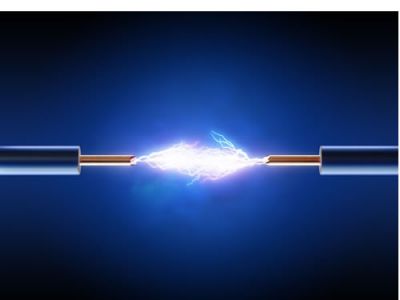
Don't blow a fuse
Have time and technology made your wiring inadequate?
May is National Electric Safety Month, a good time...
Read more
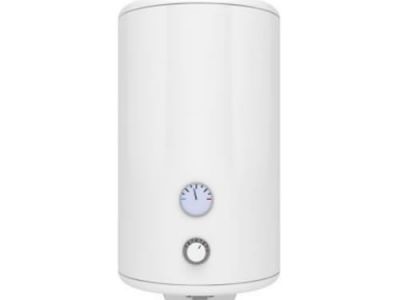
Water Heater

Landscaping is an effective way to reduce your heating and cooling costs while adding to the beauty of your home at the same time. It's affordable and...
Read more

Try This Quick Test for Air Leaks
Among the quickest routes for heated air to escape from your nice, warm home during the winter...
Read more
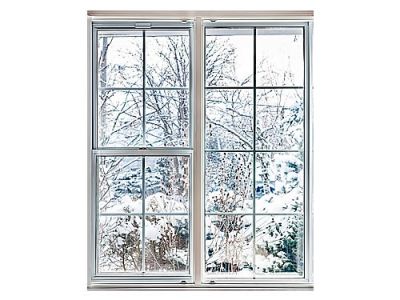
If you are wondering what you can do to reduce your heating bills immediately, consider the suggestions below. They are arranged on order of urgency...
Read more
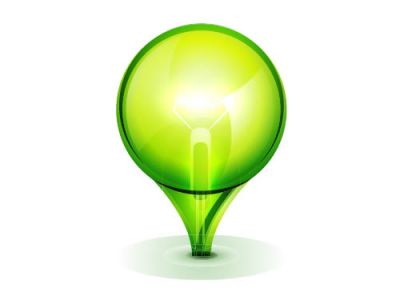
Increasing your lighting efficiency will decrease your energy bills and with the new LED choices available, many are worth the investment. Here are...
Read more
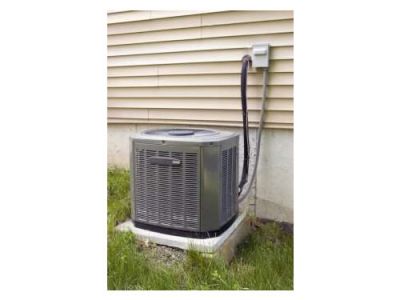
Geothermal Heat Pumps
Geothermal heat pumps (GHPs) use electricity and the earth to heat and cool your home. Heat pumps work...
Read more
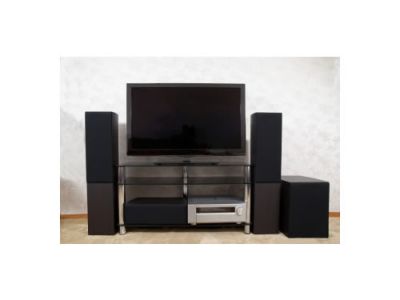
How Much Energy Does Your Entertainment System Use?
Most American families have several types of entertainment appliances in...
Read more
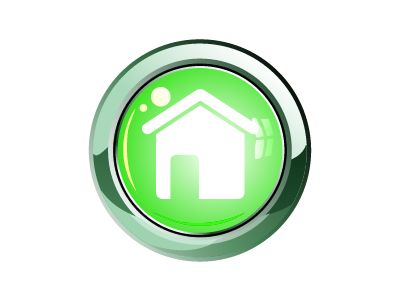
Finding your home's drafts
Is your home drafty? Though some drafts may be caused by gaps in your home's exterior air barrier...
Read more